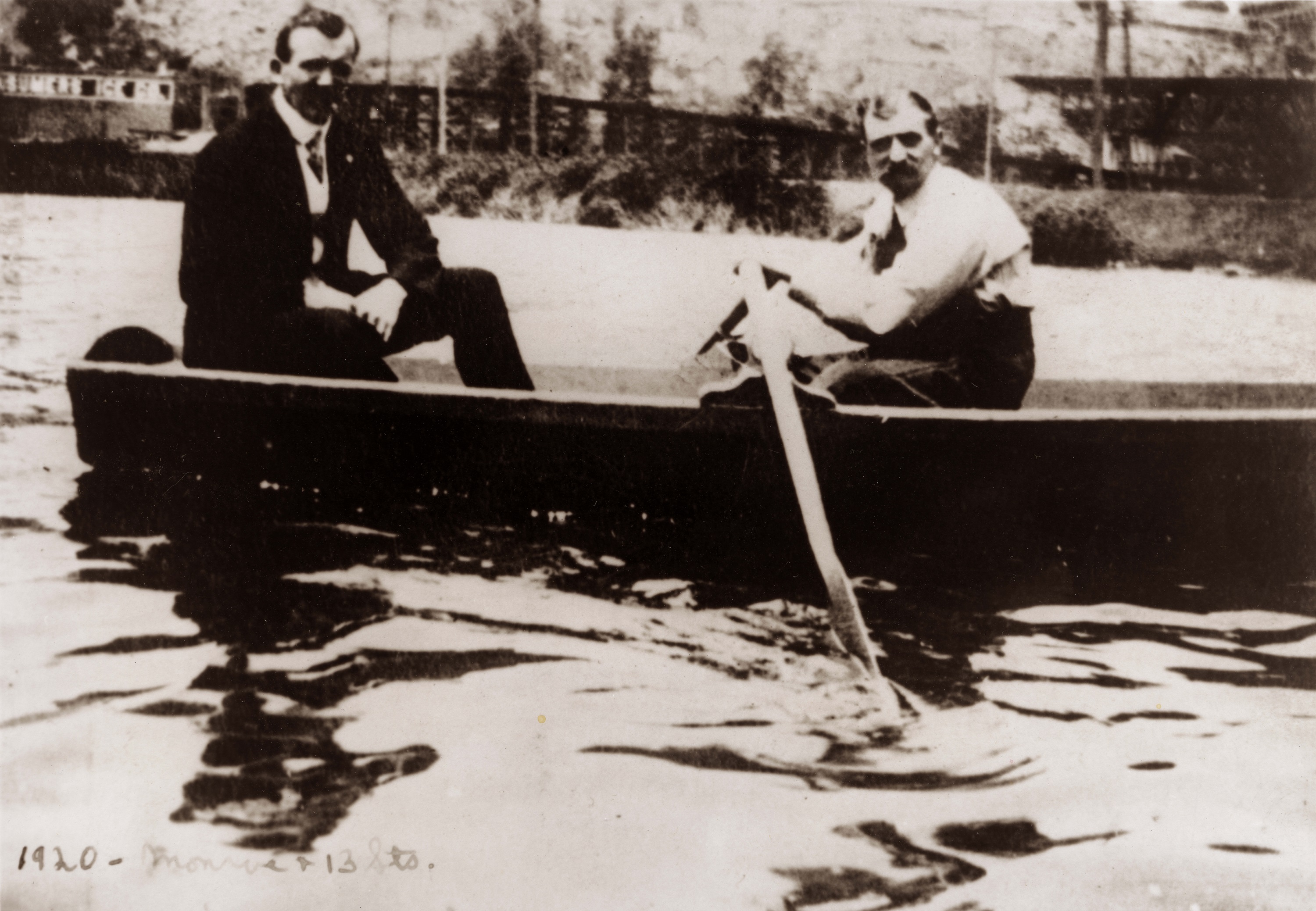New Jersey Future Blog
Bolstering the Water Workforce with Innovative Programs
June 12th, 2020 by Kimberley Irby
The coronavirus crisis has reminded us of the vital role of our water infrastructure and, accordingly, has highlighted the impact of when it fails. Regardless of a contagious and deadly virus, public health is threatened without safe and reliable water services, both drinking water and wastewater. Along with reminding us how important water infrastructure itself is, the pandemic has also underscored that the water workforce is composed of essential workers. Although office managers may be able to work from home, that flexibility is not afforded to plant operators and others who must work in the field to keep unseen, but critical, functions running.
In New Jersey, as the coronavirus threatens public health in the state with the second-highest number of cases and deaths, the water sector has to work even harder to ensure that services continue unimpeded, while also managing the issues of lead in drinking water, combined sewer overflows, and aging infrastructure in general. The crisis has spurred calls to include funding for water infrastructure in federal stimulus packages, some with an emphasis on sustainability. However, considerations for a shrinking and demographically homogeneous water workforce have largely been missing from these conversations.
Nationwide, the water workforce is anticipated to dwindle due to older professionals, most of which are white and male, retiring. It is estimated that within the next 10 years, approximately one-third of water utility operators in the U.S. will be eligible to retire. This presents a challenge to fill vacancies with qualified candidates who will ensure that we have safe, clean drinking water and reliable wastewater services. However, this also presents an opportunity to fill vacancies with demographically diverse, local candidates – ideally those who also understand the importance of investing in upgrades and sustainability like green infrastructure (GI). In Camden and Newark, there are water workforce programs that have been created relatively recently to try to address these issues by training residents of communities that suffer from a combination of economic, health, and environmental burdens in GI maintenance and/or connecting them to professional opportunities in the water industry.
Camden
PowerCorps Camden is a training program for opportunity youth ages 18-26 who have a high school diploma. It blends environmental stewardship with support services, provided by a nonprofit called the Center for Family Services (CFS). Nearly half of the funding for the program is sourced from the Corporation for National Community Service (CNCS) and a little more than half is leveraged through matched dollars from other funders. Every six months, 30 members learn how to maintain green infrastructure, develop professional skills, and receive counseling to improve their confidence and guide them through the transition to working full-time.
In Camden, the PowerCorps program has succeeded as a second of its kind, as the original one started in Philadelphia. This shows that a workforce training program of this sort is not only replicable, but adaptable to a given city’s circumstances. For instance, the City of Camden was unable to manage the program alone, but the Camden County Municipal Utilities Authority (CCMUA) and the non-profit CFS, along with other partners, have been able to both secure funding from a federal agency and administer the variety of services necessary for the program.
Camden Works is a program open to any Camden resident looking for employment. It is not a technical training program like PowerCorps; rather, the focus is on helping participants refine their professional skills and connect them to local job opportunities. Similarly to PowerCorps, the Center for Family Services (CFS) serves as the resource for both professional development and social support. There is no educational requirement; if an individual wishes to get their GED, the program can help them do so.
Both PowerCorps and Camden Works offer services to their members on a personal level. For example, if a member is dealing with childcare or transportation issues that will hinder their ability to get a job, the programs will help them mitigate the issues as much as possible so that when they get a job offer, they are ready to start without worrying about those types of hurdles. Additionally, members have control over what they want to prioritize and which barriers they want to address. Ultimately, the programs prepare their participants so that when the time comes, they are ready to fully dive into employment.
Newark
In Newark, the Ironbound Community Corporation (ICC) has trained 21 Newark residents to take the National Green Infrastructure Certification Program (NGICP). Certification requires a high school diploma or equivalent and completion of a GI training course. ICC owns a training license to do this and is the only certified trainer in the state. This is part of a larger job training program, funded through EPA Brownfields Grants, in partnership with the County of Essex.
Besides the green infrastructure installation and maintenance classroom training, residents receive basic literacy training, as well as OSHA-10, OSHA-40, and OSHA Hazardous Waste and Emergency Response certifications. Due to COVID-19, they are delayed in delivering the second cohort of this training that would include hands-on training in installing and maintaining green infrastructure on several Blue Acres sites in the Ironbound that were bought out after Superstorm Sandy.
As a multi-service, community-based organization, ICC blends early childhood education and social services with community organizing and advocacy work to serve as a neighborhood anchor organization for the predominantly low income residents of Color in the community. One of their goals is to “address unmet needs and service gaps, particularly for under-served individuals and families.” Another goal is to help “develop self-esteem, self-efficiency, and civic participation.” Though ICC’s other services are not directly tied to the NGICP, residents that participate in the training would have access to those social support services all the same.
The types of training programs that have appeared in these New Jersey cities are special because, in addition to connecting local residents to water sector jobs, they are making a substantial difference in people’s lives. Moreover, these types of programs can have a three-fold impact: environmental, through supplying qualified workers to fill water sector vacancies; economic, through bolstering the local economy by hiring local residents; and social, through empowering those who come from traditionally disadvantaged communities. When discussing funding for water infrastructure, lawmakers should consider not only the physical make-up of the infrastructure, but also the human capital that makes it possible for clean water to reach our taps and dirty water to be collected and treated. As we navigate the new normal of COVID-19 recovery, we should consider expanding the reach of these water workforce programs, which have the potential to build resilience in our individuals, communities, and critical infrastructure systems.
Related Posts
Tags: recovery, water workforce
















